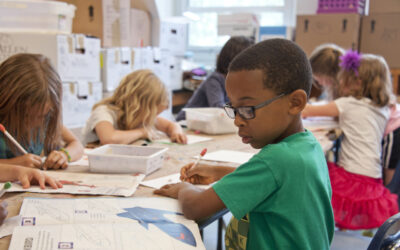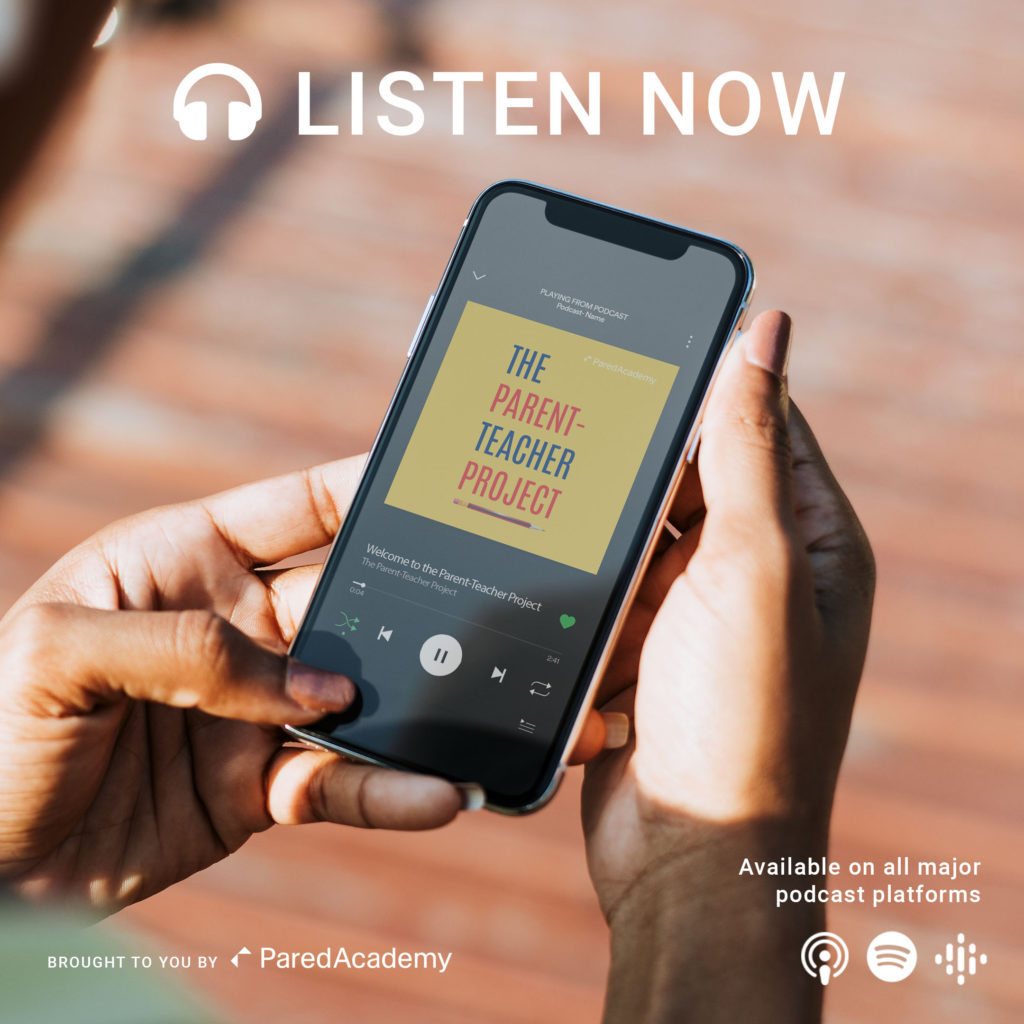Photo by Jimmy Dean on Unsplash
It’s no secret that parents want to raise happy children. Were you aware of the three family relationships which are crucial to achieving this? These are the bonds between spouses, the bond between parents and their children, and the bond between each sibling.
Relationships between spouses
You and your spouse are a team, and like with any team, there needs to be unity and communication. Our four tips for strengthening marriage are:
- Always speaking well of each other
- Realising that marriage is a challenge
- Seeking to improve your marriage from the start
- Organising dates
By making an effort to be connected with your spouse, you are also developing your understanding of security, nurturing and communication, which can be used in your relationships with your children, too.
Relationships between parents and their children
Family traditions are a great way to develop relationships within the family. In their younger years, children love the routine of traditions. These can be things like Friday movie nights, Sunday brunch, or bigger events like chocolate egg hunts at Easter. As they grow up, move out, and have families of their own, having that recurring tradition makes it easier to add to their calendars, and to look back fondly on family memories. Think of some activities that your children love and make a regular event out of it. Don’t be afraid to host, and make sure to make a big deal out of it!
Families evolve over time, so while one-on-one time is effective for young families, it might not be as easy when they grow older. Try to have a small chat with them every day. This will give you a daily reconnection with your children, and by consciously keeping those conversations going, you will be developing your relationships with them too.
Fostering relationships between siblings
The money question – How do I stop my kids from fighting with each other? Our best answer is to be patient, because they will grow in maturity over time. When fighting gets out of hand, pull the elder sibling aside and remind them that the wisest is the one who ends the fight, not the one who keeps it going. Inculcate the virtues you want your kids to have in all those little teaching moments throughout the day. Modelling those virtues through parental example is very powerful.
Family traditions give your children the opportunity to develop relationships with each other, too. This is important because if your children can become friends with each other when they’re young, then those relationships will last as adults as well.
A happy family is one that involves strong bonds between spouses, between parents and their children, and between each individual sibling. The good news is that these relationships can always be developed, so it’s never too late to start! Find out more about the keys to a successful family by listening to The Parent-Teacher Project’s episode below!
This article was inspired by episode #60 of The Parent-Teacher Project entitled Learning Languages With Your Child by Isabelle Thomas and Kate Mathai.
Listen to the entire episode below.
Don’t forget to leave us a review on Apple Podcasts!
Latest Stories from Pared Academy
Building Character Strengths Course 2023
While parents are the primary educators of their children, teachers and mentors also play a vital role in students’ character development. Before the beginning of Term 2, 33 new members of staff...
How To Improve Your Childs Reading And Writing Skills
From time to time you’ve probably wondered why your teenager tends to act so impulsive. As you read on you will not just understand more about your teenagers brain, you will also…
How to know if your child is ready for their first year of school
From time to time you’ve probably wondered why your teenager tends to act so impulsive. As you read on you will not just understand more about your teenagers brain, you will also…









